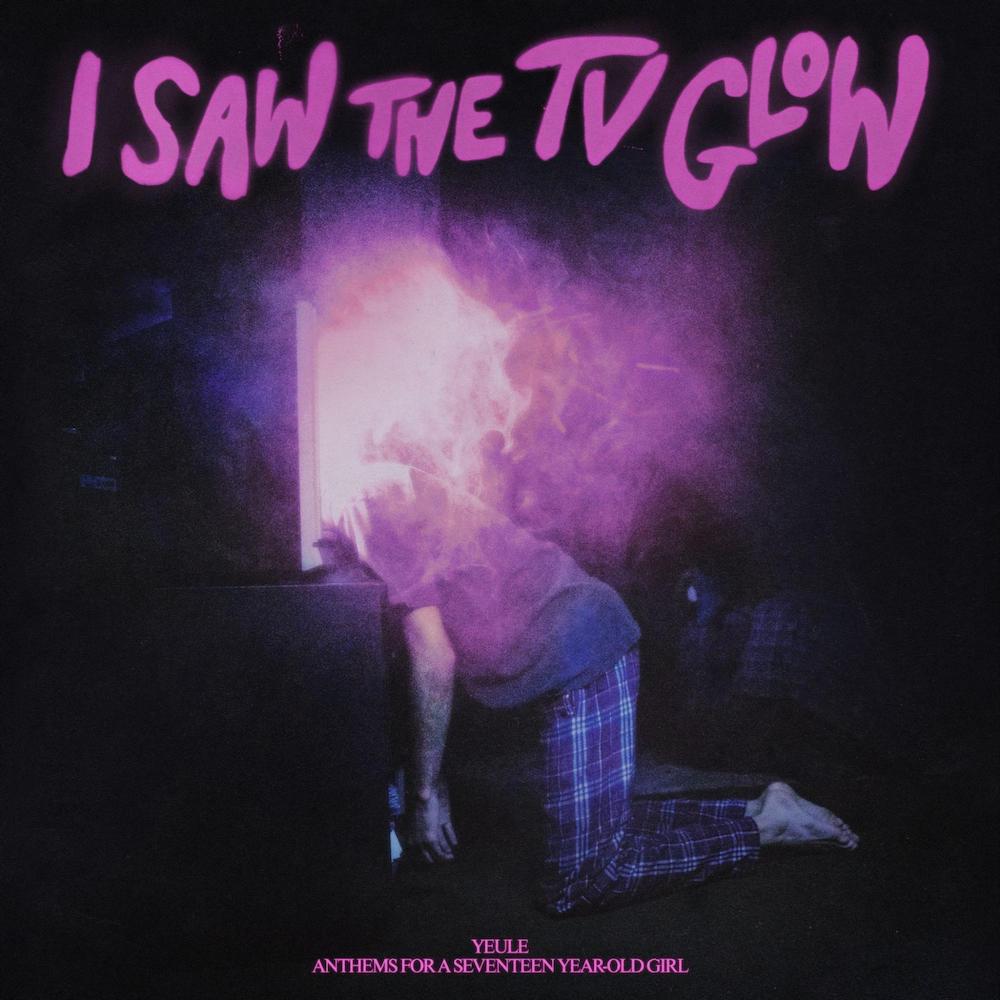It seems strange that a twenty-two year old song could suddenly feel new again.
In 2002, the Canadian band Broken Social Scene released their album “Anthems.” One of their most persisting and remembered tracks is “Anthems for a Seventeen Year-Old Girl.”
The whole song is like high school condensed into a sweet four minute and thirty-one seconds, a sort of hazy, harmonizer-pitched dream, backed by beautiful, transcendent violins.
And, of course, that impossibly catchy riff: Park that car. Drop that phone. Sleep on the floor. Dream about me.
It feels like being seventeen and in love, bumping knees on the cold metal bleachers, having your first beer and learning the first few chords of a song on guitar in your friend’s basement. Missing class, staying up late, waiting for the one to call. Breaking up, getting back together, breaking up right before you both leave for college and fresh beginnings.
Broken Social Scene’s original version of “Anthems for a Seventeen Year-Old Girl.”
That high school energy is no coincidence. The band’s lead singer, Emily Haines, has said that she wanted the track to tap into “that pain of having to let go when you’re growing up and you’re moving on from being someone that you were.”
It’s all there, built into the sound and lyrics of the track: Park that car. Drop that phone. Sleep on the floor. Dream about me.
Her bandmate, John Crossingham added that “It taps into that mysterious quality of being young and at odds with things. It’s opaque enough that you can put anything you want on it, but it’s specific enough in its emotion that you recognize what’s being intimated.”
And somehow years later, Singaporean recording artist Yeule has come up with something bright and new that both manages to capture the feeling of the older track while still building upon it for a younger audience.
Yeule’s cover of “Anthems for a Seventeen Year-Old Girl.”
The track, created for Jane Schoenbrun’s sophomore feature film “I Saw the TV Glow,” is a beautiful meshing of old and current. To me, the timelessness of the track has been recontextualized: if the original version captured a specific period in time, Yeule’s version updates it for the current Gen Z experience.
This is highlighted by the updated sound. Instead of the undercurrent of plucking banjo strings and the uplifting violin found in the original, there is a distorted, jangling guitar noise that is continuously present. Further, the harmonizer effect on Haine’s voice has been replaced by Yeule’s uniquely warped vocals which create a similar effect, but that feel more akin to embellishments found in the now-popular hyperpop genre. Instead of a perfect indie rock jam, we get an equally perfect electronic bedroom ballad.
Plus, it doesn’t hurt that “Anthems for a Seventeen Year-Old Girl,” also happens to be a perfect choice for the film.

A comment that I think perfectly encapsulates the listening experience
It follows Owen throughout his young life as he struggles with coming to terms with his repressed, true identity in a world that will not make room for him or try to understand him. His only solace is the equally tortured Maddy, who shows him a TV show called the Pink Opaque: a monster-of-the-week style block of late night programming which entrances them both.
As the movie progresses, it becomes more and more clear how Owen’s tormented inner world is bleeding into reality and tearing it apart at the seams. What follows is deeply disturbing and made for one of the most impactful cinematic experiences I’ve had in years.
However, the moment when “Anthems for a Seventeen Year-Old Girl” plays is a brief moment of peace.
Owen is young, suspended in wonder beneath the pink, purple, and blue colors of a gym class parachute. The kids dance around, pulling the tarp as the music soars and sweeps throughout the scene.
“Anthems for a Seventeen Year-Old Girl” encapsulates this point expertly. Owen’s youth and the dangerous brevity of it, the feelings that things are about to change, it’s all there, interplaying between the visuals and the song.
Words cannot do the song or the film justice, and I highly recommend both.

